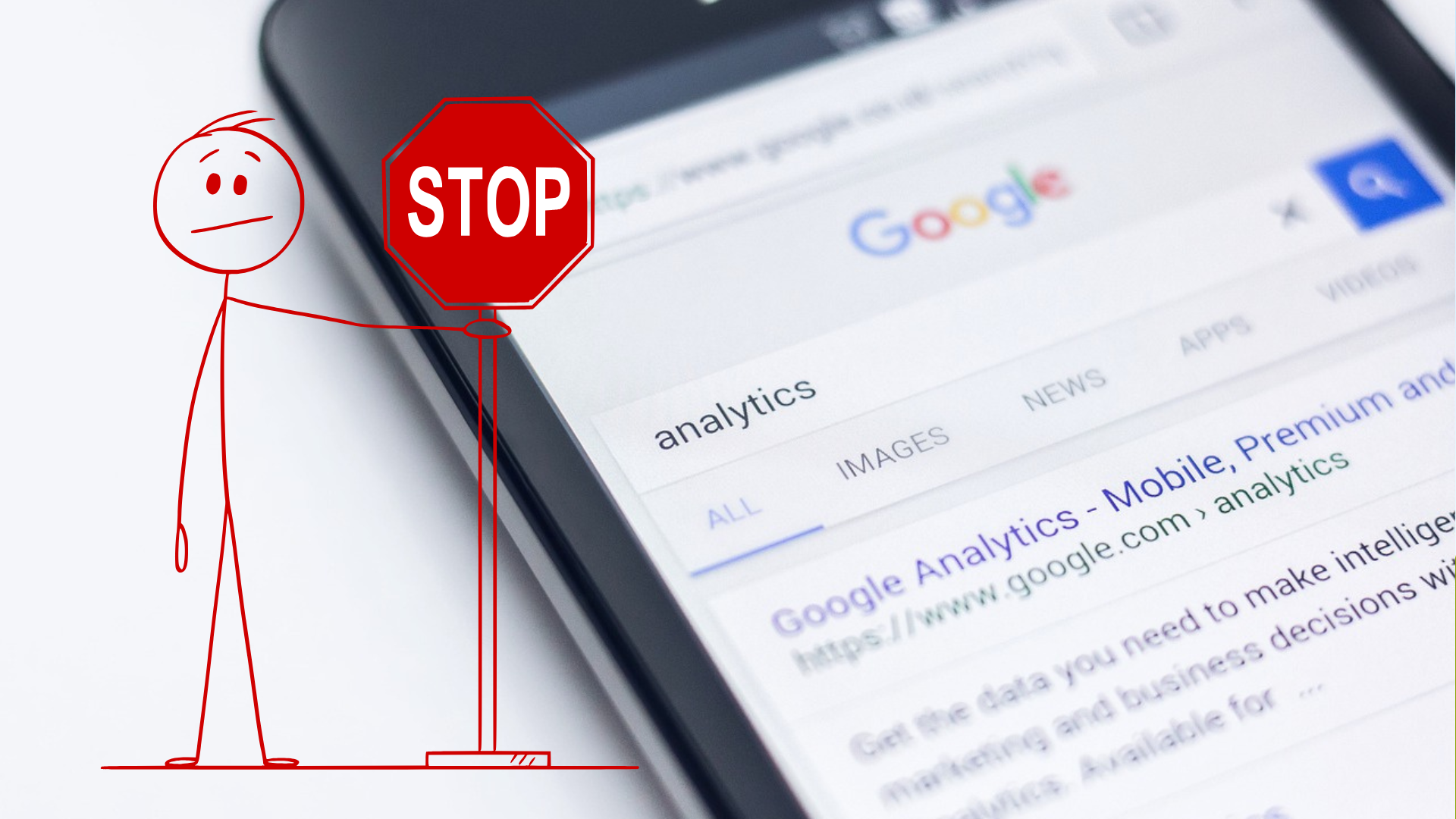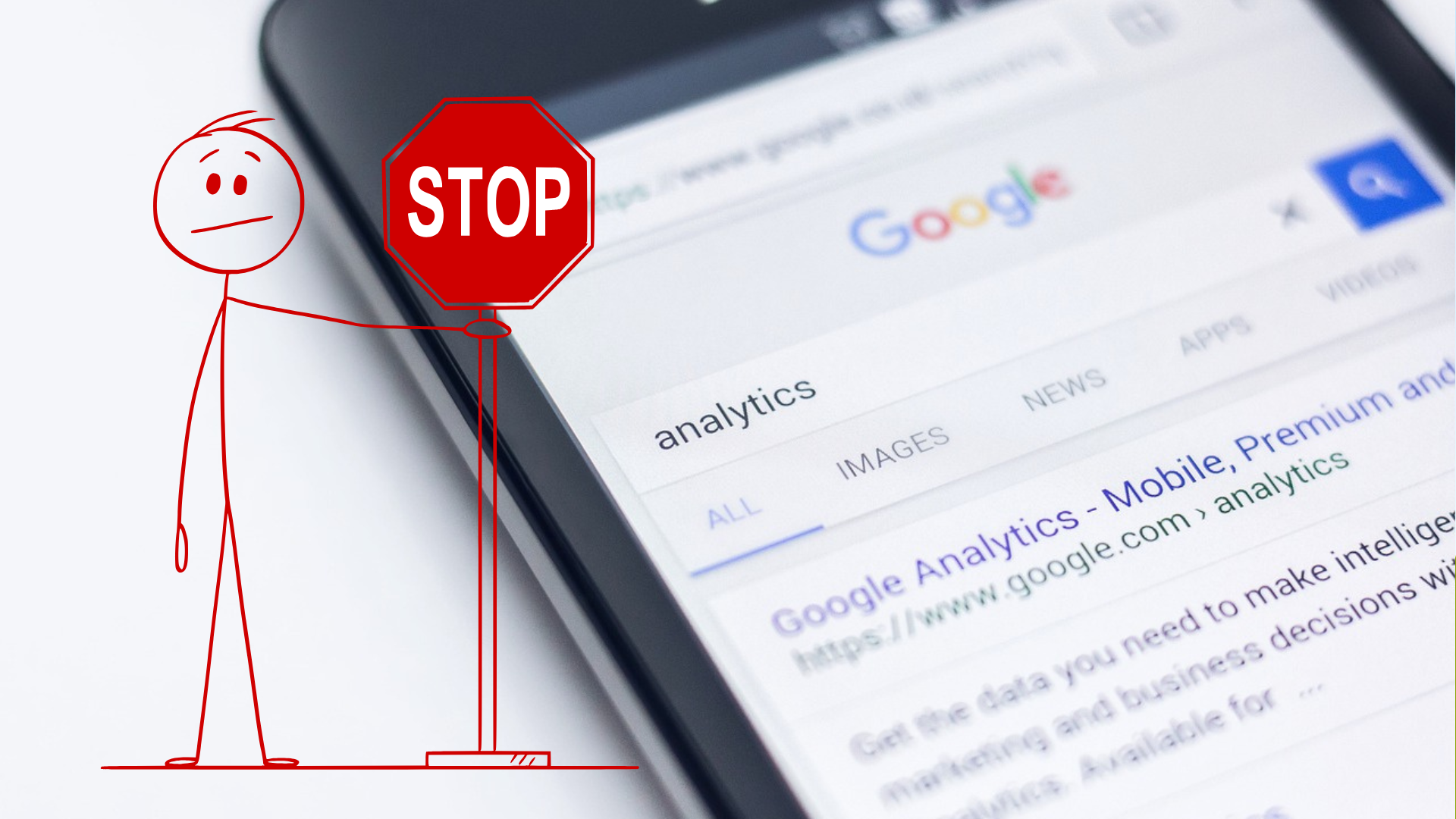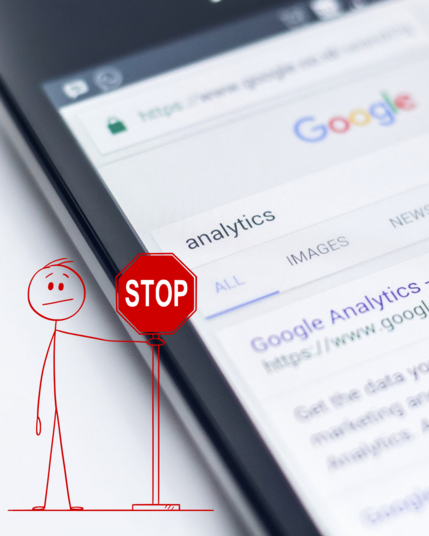@ganselmartin
Das ist ja bei mir ebenfalls der Fall (uraltes Konto).
Es schien mir damals auch eine gute Idee zu sein, Google zu nutzen. Biete es doch alles, was ich damals als sinnvoll erachtet habe. Vor allem war es ja auch sehr "bequem" 
Und außer der Preisgabe der eigenen privaten Daten war es ja auch kostenlos ¯\_(ツ)_/¯
Meine Entscheidung und die Abnabelung von Google (und vielen anderen "schnüffelnden" Anbietern), kam aber nicht von "heute auf morgen", sondern war eine längere Reise.
Mittlerweile glaube ich, dass ich (fast?) am Ende dieser Umstellungen bin, und mein Möglichstes getan habe, um meine eigenen Daten und meine Privatsphäre zu schützen.
Gut, meine Entscheidung meine Daten für mich zu behalten kostet(e) ein wenig, nicht nur Geld, sondern auch Arbeit, Zeit und Bequemlichkeit.
Da ich diesen Weg aber Schritt für Schritt gegangen bin, war die Umstellung für mich durchaus machbar 












